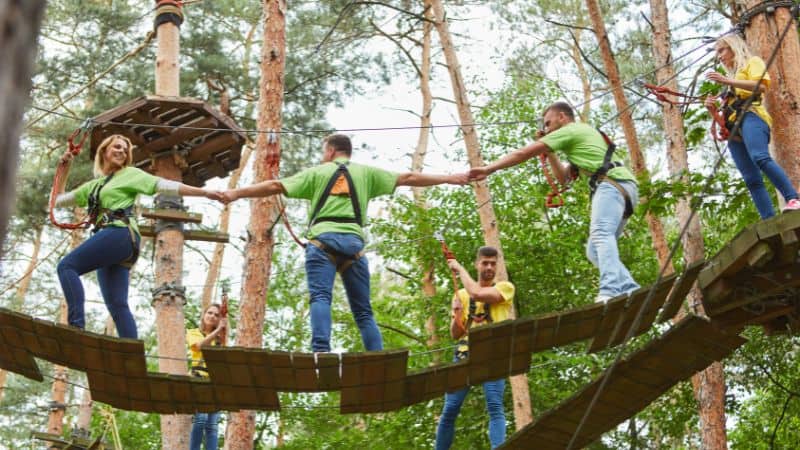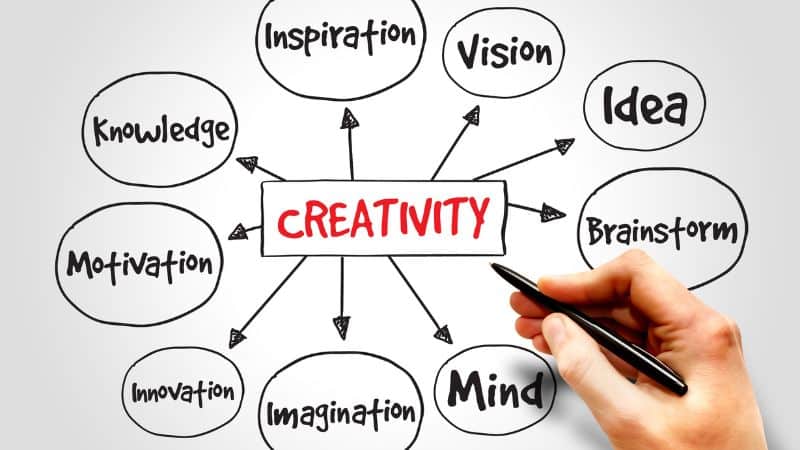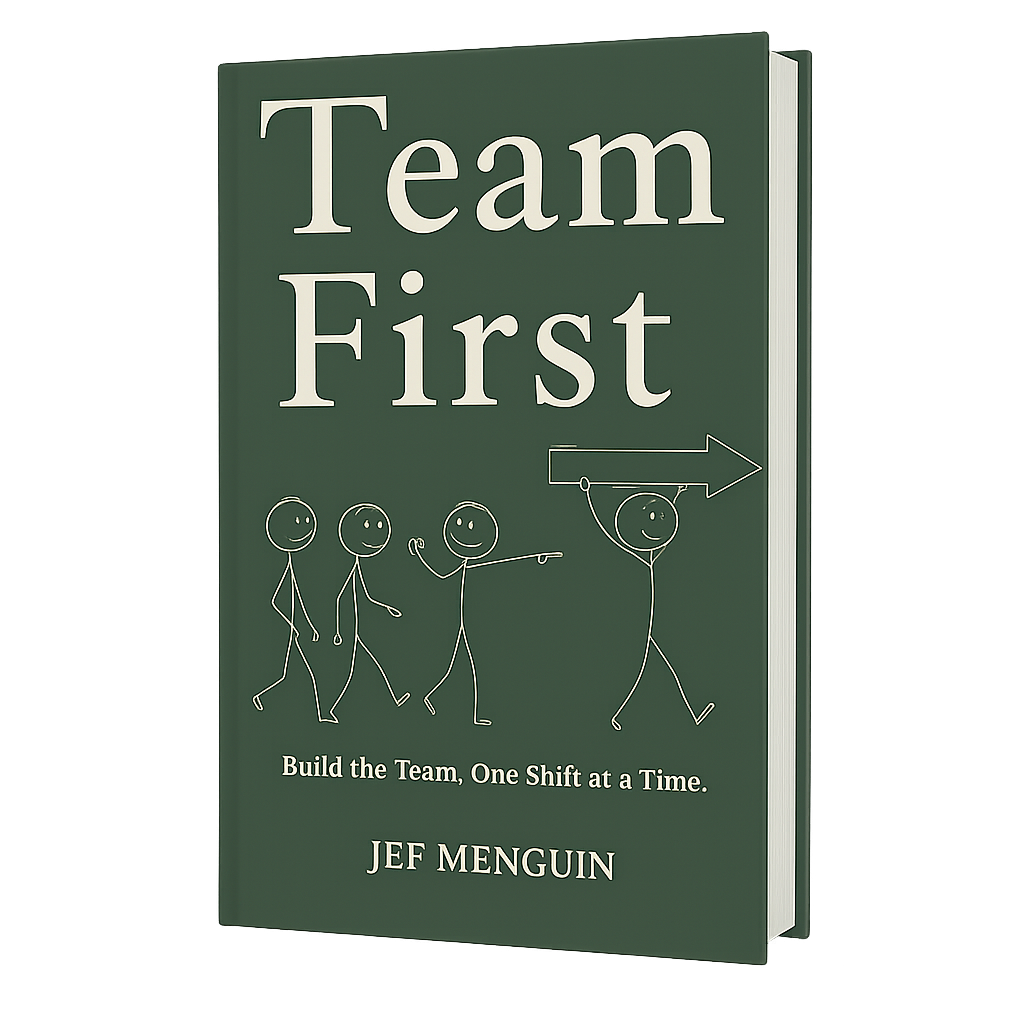Use team-building activities that promote open communication. When team members communicate openly and honestly, they are better equipped to collaborate, problem-solve, and achieve their goals.
I have been facilitating team-building programs since 2007. I often use games. But occasionally, I use activities that don’t require participants to exert physical effort.
🎯 Team building that actually builds teams. Through activities that engage and inspire, we help teams form stronger bonds and get real results. Let’s make your team unbreakable.
What is open communication?
Open communication in teams refers to the free, transparent, and consistent exchange of information, ideas, and feedback among team members.
It involves active listening, clear and concise expression of ideas, regular and timely sharing of updates, and the willingness to receive and act upon feedback.
Open communication means that team members feel safe and comfortable sharing their thoughts and ideas without fear of retribution.
It can include everything from discussions about project specifics to the expression of concerns about team dynamics or workplace culture.

Activities That Promote Open Communication
Through the years, I have collected and created team-building activities.
Here are 20 team-building activities that can help promote open communication.
1 . Two Truths and a Lie
(Small Group, 30 minutes)
In this icebreaker activity, team members share three statements about themselves, two of which are true and one of which is a lie.
The others have to guess which statement is the lie. This activity helps team members get to know each other better and encourages open sharing.
I am not a fan of this activity because it takes time. It also requires that the members have knowledge of the person sharing. So, I never used this in my team building activities. But it is number 1 here because many team building facilitators keep using them. It is the easiest to do, though.
I designed activities that promote open communication. I have not included them here because each may require more explanation. But I will do share many of them as soon as I have the opportunity to write.
2. Feedback Roundtable
(Small Group, 60 minutes)
In this activity, team members take turns providing feedback to the person on their left. The feedback should focus on what the person does well and areas for improvement.
This is not Bull Session. Many team leaders request that I facilitate Bull Session for them. Often, I tell them that BS often results to mistrust. Many of those who want to talk in BS wants to dump their frustrations with the team with no “solution” in mind.
If you want activities that promote open communication, avoid the BS. Do the Feedback Roundtable instead. Focus on the positives.
Activities that promote open communication provide valuable insights for personal and team development.
3. Role-Play Scenarios
(Small Group, 60-90 minutes)
Teams act out scenarios requiring open and honest communication, such as conflict resolution or giving constructive feedback.
This activity helps team members practice communication skills in a safe and supportive environment.
4. Active Listening Exercises
(Small Group, 30 minutes)
Pair team members together and have them practice active listening, paraphrasing, and reflecting back on what they hear.
This activity helps improve communication skills and build trust between team members.
To bring this to a notch higher, you may use the questions in Appreciative Inquiry during the discovery phase. Your aim is to make the listener find out the values, dreams, and ambitions of the person being interviewed. Then, later report that to the group.
5. Speed Networking
(Big Group, 60-90 minutes)
In this activity, team members rotate quickly through a series of one-on-one conversations, sharing their interests and getting to know each other better. This activity helps break the ice and encourages open communication.
If you don’t have much space, you can turn this into a jeepney ride activity. You will provide them opportunities to share their life stories. In doing so, they’ll also learn more about each other.
6. Group Brainstorming
(Big Group or Small Group, 30-60 minutes)
Brainstorming ideas together, and encouraging all team members to contribute. This activity helps promote open communication and idea-sharing.
7. Work Styles Assessment
(Small Group, 60 minutes)
Using a work styles assessment tool, have each team member share their strengths, weaknesses, and communication style. This activity helps team members understand each other’s communication preferences and work styles.
8. Appreciation Circle
(Small Group, 30 minutes) Each team member takes a turn in the center of the circle while the others share what they appreciate about that person. This activity helps build trust and strengthens team bonds.
9. Communication Workshop
(Big Group, 60-90 minutes)
Attend a communication workshop or seminar to learn new skills and strategies for effective communication. This activity provides valuable insights and tools for improving communication skills.
10. Blind Drawing
(Small Group, 30 minutes)
Pairs sit back to back and one person describes an object while the other person draws it, practicing clear and effective communication. This activity helps build trust and improve communication skills.
11. Team Charter
(Big Group or Small Group, 60 minutes)
As a team, establish a set of ground rules or a team charter that includes open and honest communication as a core value. This activity helps set expectations for communication and promotes accountability.
12. Conflict Resolution Exercises
(Small Group, 60-90 minutes)
Practice resolving conflicts as a team, focusing on active listening and finding win-win solutions. This activity helps improve communication skills and build trust.
13. Trust Walk
(Small Group, 30 minutes)
One team member is blindfolded and guided through a course by a partner, fostering trust and clear communication. This activity helps build trust and improve communication skills.
14. Group Storytelling
(Big Group or Small Group, 30-60 minutes)
Each team member contributes to a story, building on each other’s ideas and practicing active listening. This activity helps improve communication skills and foster teamwork.

15. Mind Mapping
(Small Group, 30-60 minutes)
I use mind mapping in brainstorming. It is an excellent tool to come up with the best ideas. But what if we use this tool so we can provide the team an opportunity to practice open communication?
The good news is that we can.
Using a large whiteboard or piece of paper, brainstorm ideas or solutions to a problem as a team. This activity helps promote open communication and idea-sharing while also encouraging active listening and collaboration.
The team members will be able to express themselves and see their work as part of the team. Instead of asking one person to write all ideas, you can give each person a colored pen, and encourage them to add their ideas to the mind map.
You will be surprised of what human beings can actually do when they are together.
My style is to make them work in silence. Then, when the mind map is done, encourage team members to explain their individual contribution in the mindmap.
16. Email Simulation
(Small Group, 60-90 minutes)
Team members practice writing effective emails that convey their message and tone. To make this more exciting provide objectives and criteria for effective emails. You can allocate points for each criterion so that the team members will understand what works.
This activity helps improve written communication skills and ensures everyone is on the same page.
17. Trust Falls
(Small Group, 30 minutes)
One team member falls backward into the arms of another team member, fostering trust and clear communication. This activity helps build trust and improve communication skills.
I used this during my early facilitation days. However, there are better ways to build trust, so I have never used Trust Falls. since 2010.
18. Picture Sharing
(Small Group, 30 minutes)
Each team member shares a picture that represents something important to them and explains its significance. This activity helps team members get to know each other better and encourages open sharing.
19. Communication Obstacle Course
(Big Group, 60-90 minutes)
Teams work together to navigate an obstacle course that requires clear and effective communication. This activity promotes open communication skills and fosters teamwork and collaboration.
20. Group Problem-Solving
(Big Group or Small Group, 30-60 minutes)
Teams work together to solve problems or complete tasks, emphasizing effective communication and collaboration.
This activity helps improve communication skills while also promoting teamwork and problem-solving.
How to Select Activities That Promote Open Communication
Selecting team-building activities that promote open communication can help to build a positive and collaborative culture within your team.
Here’s a step-by-step guide on how you can go about choosing these activities:
1. Identify Your Goals: The first step is to identify what you hope to achieve with your team-building activities. Do you want to improve overall communication, encourage the sharing of ideas, or enhance active listening skills? Identifying your specific goals can help you to choose activities that meet your needs.
2. Know Your Team: Different teams have different dynamics, and what works well for one might not work as well for another. Consider the characteristics of your team members – their interests, their strengths, and their personalities. Activities should be chosen to fit the team and not the other way around.
3. Diversify the Activities: It’s good to have a mix of activities. Some could be problem-solving tasks that require strategic communication, others might be role-playing exercises that foster empathy and understanding, and still, others could be fun games that encourage casual conversation.
4. Prioritize Participation: Choose activities that require every team member to participate. Inclusion is essential for effective team building. Make sure the activities do not favor only a subset of the team.
5. Consider Professional Facilitation: If the budget allows, consider hiring a professional facilitator. They have the expertise to guide the process, ensure objectives are met, and handle any conflicts that arise. I facilitate team building for your First Team (the executives and managers). You can also get the help of Team Bayanihan.
6. Reflect and Feedback: After each activity, take the time to reflect and ask for feedback. What did team members learn? What could be improved? This can provide valuable insights for future activities.
- Unlocking the Power of Team Building: The Ultimate Guide for Leaders
- 25 Reasons Why Team Building Is the Best Investment You’ll Ever Make
- Build Teams for Success: 20 Bits of Advice for Team Building
- Team Building Activities that Promote Accountability
Conclusion
When it comes to team-building activities that promote open and honest communication, there are many options to choose from.
Whether you’re working with a small or large group, there’s an activity that can help you and your team improve your communication skills and build stronger relationships.
By investing in these activities, you can help your team work together more effectively and achieve your goals with greater success.
Make the most of your investment, and choose activities that promote open communication.


